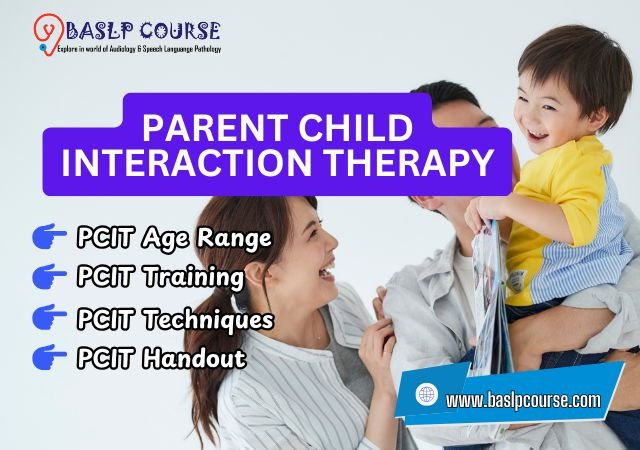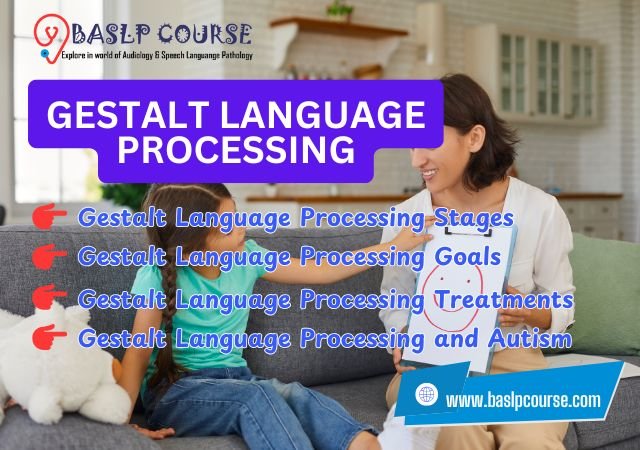Leeds Beckett University MSc Speech and Language Therapy Course: Are you considering a career in Speech and Language Therapy? Look no further than Leeds Beckett University’s MSc Speech and Language Therapy course. The programme is structured to enable you to achieve the necessary skills and competencies to practice the full scope of the profession of speech and language therapy in the UK. Here we take a closer look at what makes this course so special, and whether or not it might be the ideal one for you.

MSc Speech and Language Therapy (SLT) Course Details
The MSc Speech and Language Therapy course at Leeds Beckett University is recognised by the Royal College of Speech and Language Therapists and approved by the Health and Care Professions Council. Theory and practice are combined in this course so that graduates are prepared for their professional careers.
Course Structure
The course is divided into various modules that cover essential topics such as phonetics, linguistics, psychology, and clinical practice. Students will engage in hands-on learning experiences through clinical placements, which are an integral part of the program.
Duration and Study Mode
The course usually takes two years if studied as a full-time course. But there are also part-time flexible options available for students who need to work other things around their studies.
Core Modules and Electives
Mandatory modules are in developmental speech and language disorders, acquired communication disorders, and professional practice in speech and language therapy. Electives give students a chance to focus on areas they have a keen interest in, including advanced and specialized subjects.
Entry Requirements for MSc Speech and Language Therapy Course
Entry onto the MSc Speech and Language Therapy programme is competitive, and in order to be offered a place, you will need to demonstrate that you meet all the entry requirements.
Academic Prerequisites
Applicants generally must have a bachelor’s degree in a field such as linguistics, psychology, or health sciences. A strong academic background, a minimum GPA or equivalent,t is necessary.
Professional Experience and Skills
While a professional experience working in a relevant area is not compulsory, it is desirable. Essential skills in communication, empathy, and critical thinking are necessary for success in this programme.
Language Proficiency Requirements
For non-English mother-tongue applicants, a certificate of English language proficiency is needed. This is generally proven through tests such as IELTS or TOEFL, where the university would specify minimum IELTS and TOEFL scores.
MSc Speech and Language Therapy Course Fee
Understanding the financial commitment of the course is vital for prospective students.
Tuition Fees for Domestic and International Students
The value of the tuition fee depends on the legal residency of the student. How Much is the Tuition Fee? Tuition fees are typically around £9,000 for UK and EU students, but around £15,000 if you are an international student.
Additional Costs
Other expenses are for materials, equipment, and in some cases, travel to clinical placements. These other costs can add up, and it’s crucial to budget accordingly.
Scholarships and Financial Aid Options
There are a range of scholarships and financial support packages out there to support you in your studies at Leeds Beckett. These opportunities should be investigated early in the application process by individuals who are applying.
MSc Speech and Language Therapy Course Curriculum
The curriculum is designed to provide a robust foundation in both theoretical knowledge and practical skills.
Key Areas of Study
Content areas include speech and hearing anatomy and physiology, developmental and acquired communication disorders, and evidence-based practices. One module sucks into the next to maintain the continuity of learning.
Practical Training Components
Clinicals are a strong component and provide you with direct experience in a number of situations, like hospitals, schools, and private practices. This position is directly supervised by an experienced professional to improve learning outcomes.
Research Opportunities and Dissertation
Students are encouraged to research and submit a dissertation that advances the understanding of an aspect of accounting and/or finance. This piece enables students to deeply engage with a subject of interest, with the support of faculty experts.
MSc Speech and Language Therapy Course Colleges in UK
Leeds Beckett University stands out among other institutions offering similar programs.
Comparison with Other Leading Institutions
Although many universities in the UK provide SLT courses, the one offered at Leeds Beckett University is popular due to its robust program, expertise of faculty, and clinical placement facilities.
Unique Features of Leeds Beckett University
Leeds Beckett University provides cutting-edge facilities such as simulation labs and contemporary classrooms. Close links to local healthcare providers provide students with excellent opportunities for practical experience.
MSc Speech and Language Therapy Course Accreditation and Certification
Accreditation ensures the course meets high standards required for professional practice.
Accrediting Bodies and Standards
It is approved as a speech and language therapy qualification by the Royal College of Speech and Language Therapists (RCSLT) and the Health and Care Professions Council (HCPC), and meeting the academic and professional standards is standard practice on this course.
Professional Recognition and Career Impact
On successful completion, you can apply to register with the HCPC, which is an essential requirement in order to practice as a speech and language therapist in the UK. Such an accreditation helps improve job prospects and professional credibility.
The Accreditation and Certification/Registration Standards can be found in the article link below, together with the implementation process by the Health and Care Professions Council (HCPC) Education, Accreditation and Professional Development Committee.
- Royal College of Speech and Language Therapists (RCSLT)
- The Health and Care Professions Council (HCPC)
MSc Speech and Language Therapy (SLT) Course Notes
This page provides comprehensive, detailed Notes about the BSc Speech and Language Therapy course in UK.
MSc Speech and Language Therapy Course Salary in UK
Salary expectations are an important consideration for prospective students.
Average Salary Expectations Post-Graduation
Starting salaries for graduates can be between £24,000 and £30,000 a year. Salaries can increase substantially based on experience and specialization.
Factors Influencing Salary
Geographic region, experience, and employment sector (NHS or private) all contribute to pay levels. The salary scales in urban areas are generally higher than those in the countryside.
Overall College Review
Leeds Beckett University has a strong reputation for its MSc Speech and Language Therapy course.
Student Testimonials
The university is commended by students for its committed staff, technology-advanced curriculum, and awesome clinical placement options. What do students particularly like about it, while ratings are lower than other programs, they emphasize the practical experience?
Strengths and Areas for Improvement
The university has good conditions for practical education and research. Some students, however, say additional elective choices would improve the program.
Summary of Leeds Beckett University’s Reputation
In general, Leeds Beckett University is a well-respected school that is dedicated to the best interests of its students and the pursuit of academic excellence. The MSc Speech and Language Therapy course is one of the most well-respected in the country, and is the only course of its kind in the North West.
Conclusion
Choosing the right university for an MSc in Speech and Language Therapy is a huge decision. Our experience of teaching and preparing graduates for professional practice in sport and exercise science means you will benefit from a multi-dimensional approach to teaching, learning, and assessment, and an excellent grounding for a successful future career. Whether you are from the UK or overseas, this course equips you for a fulfilling career in speech and language therapy. Supported by outstanding facilities and with support systems that are second to none, Leeds Beckett University has great appeal.
FAQs about Leeds Beckett University MSc Speech and Language Therapy Course
Career opportunities for graduates are diverse and include hospital, school, private practice, and research positions. The need for speech and language therapists is on the rise, providing excellent job security.
Leeds Beckett University has strong support systems for support for international students, such as arrival and orientation sessions, academic advice, language support, and cultural activities to help them fit in.
Yes, they can work part-time time but we advise working while keeping in mind the studies. The university’s career services can help you find appropriate opportunities.
Applications are made online, and applicants must provide academic transcripts, evidence of English language ability (if required), and a personal statement. Interviews can also form part of the selection process.
Applicants are welcome to come and visit. Leeds Beckett University also has open days and campus tours which give applicants an insight into what to expect on campus and the facilities available.
References for Leeds Beckett University MSc Speech and Language Therapy Course:
- Royal College of Speech and Language Therapists (RCSLT)
- The Health and Care Professions Council (HCPC)
- Leeds Beckett University – MSc Speech and Language Therapy (SLT)








0 Comments